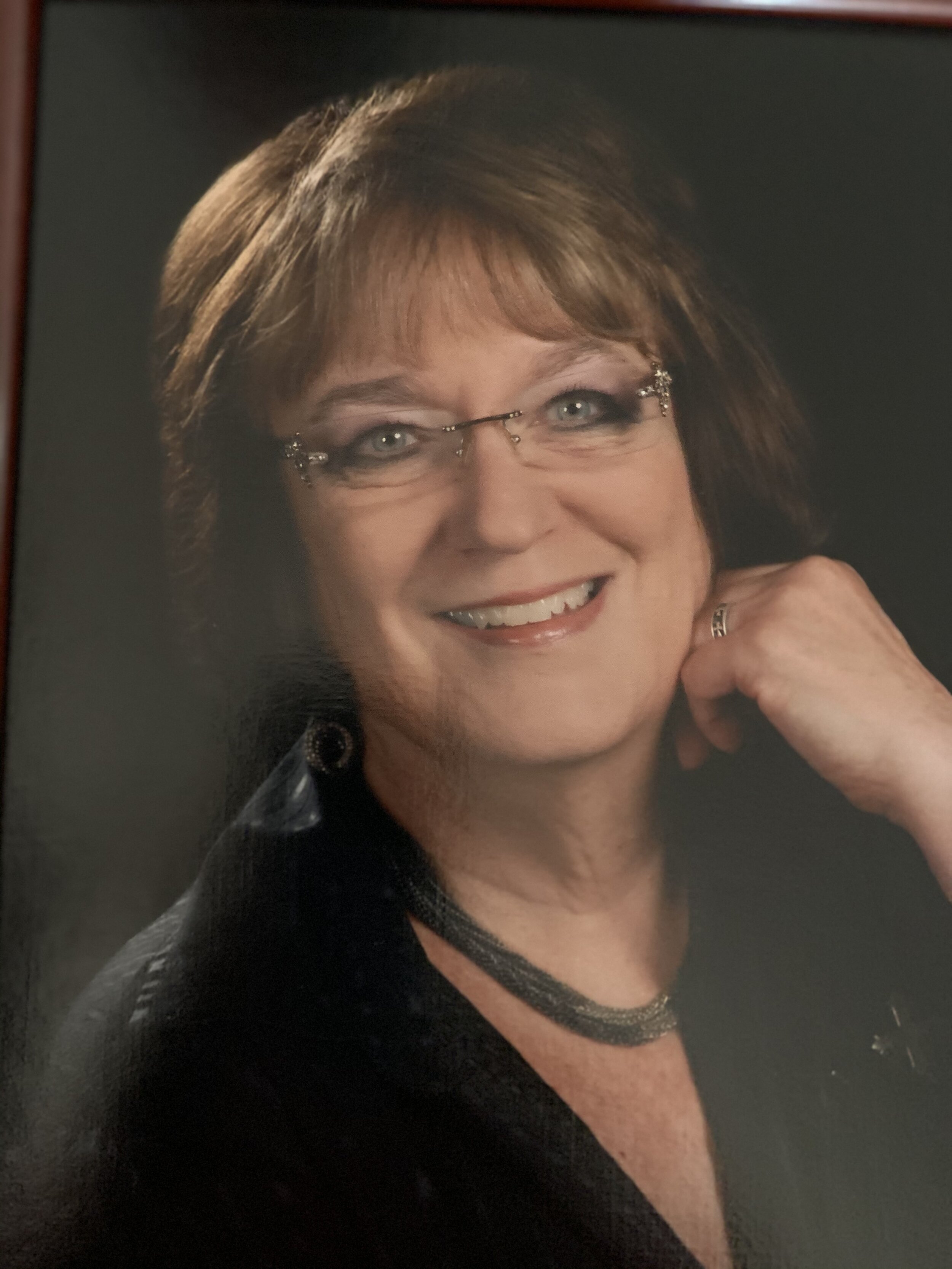Dear Friends of the Savior,
Karen and I wanted to give you an important update. We have decided that the time for us to retire is nearing. We will step down as your rectors on May 31, 2026, after 9-1/2 years of service.
We feel sad to think about not having this wonderful place in your lives. We love you, and we know you love us. Being allowed to serve at Savior is one of the great joys of our lives. But we also feel a peaceful awareness that this is the right step for us, and the right step for Savior. We’d like to share with you some of our process and our thinking.
On our sabbatical last summer, we had the gift of being able to slow down for an extended period and listen to God. (As Mark Buchanan says, It is only in rest that we can get in touch with what is “inmost and utmost.”) We slowly began to sense God was inviting us into our next season. Specifically, to set down the responsibilities of active senior leadership, which we’ve carried most of our adult lives, and to move into a time of greater availability, personal creativity, and healthcare.
Availability: We’ve been blessed with children and grandchildren and want to be available more to them, and to friends, and to people in need.
Personal creativity: We’d like to now harvest some lifelong learning to help younger leaders. I am developing a Substack, “Better Preaching,” in which I’ll provide practical help for preachers; Karen wants to write a guidebook to help leaders find their life vision. (Karen will continue, part-time, with her coaching practice, “Strengthen Your Leadership.)
Healthcare: We both have chronic, degenerative medical conditions, and it’s taking increasing time to manage those, with appointments, tests, procedures, therapies. Time for an afternoon nap wouldn’t be bad, either.
We believe this is not only the right step for us, but for Church of the Savior. The church will be blessed by younger leaders with fresh legs, who can see things we missed and lead you in this third decade of life and ministry.
We know that leadership transitions like this can feel sad or scary or disorienting--for everyone. But the Lord will walk with all of us through it, and we will walk with you through it. In fact, we’re telling you about our retirement now, so the Vestry and bishop have plenty of time to identify the next rector(s), and for all of you to have a smooth, non-rushed transition.
God has raised up Savior and guided her for over 20 years, and he will continue to do so in the future. On a prayer retreat in July 2023, I sensed this Scripture (from Nehemiah 9:20-21) was a particular word for Savior: “You sent your good Spirit to instruct them, and you did not stop giving them manna from heaven or water for their thirst. For forty years you sustained them in the wilderness, and they lacked nothing. Their clothes did not wear out, and their feet did not swell!”
We know this may be a lot to take in. Feel free to reach out to either of us to just talk, process, or ask questions. Below, Senior Warden Synthia Cathcart and we try to answer some of the immediate questions you may have.
Blessings and peace,
--Fr. Kevin and Mtr. Karen
Questions You May Be Asking
--answered by Fr. Kevin and Mtr. Karen
Q: Will you stay at Savior, as Fr. Bill and Mtr. Linda did?
A: No. The Richardsons have family in Wheaton, so it made sense for them to stay. Our daughter and her family live in Aurora, and we plan to move near them and find a church in that area.
Q: How will we find a new rector?
A: The Bylaws make this clear: The Vestry selects the rector, “with the active involvement and concurrence of the Diocesan Bishop,” which in Savior’s case will be Bishop Jeff Bailey. In the search process (as in any matter), the Vestry may “employ such outside assistance as it deems necessary.”
Q: What about Mtr. Sarah?
A: She’s eligible. The Vestry, along with Bishop Jeff, will determine the candidate process and select the next rector.
Q: You’re on the Vestry (and Mtr. Karen is a non-voting attender). How much will you two be involved in selecting the new rector?
A: As rector, I am eligible to vote on the selection of a new rector; however, we believe the selection belongs best with those Vestry members who will be here with that new rector. So I will recuse myself from the selection vote. But Karen and I are available as a resource to the rest of the Vestry, to help with the process wherever they feel that’s helpful.
Q: What will you be doing over the next 9 months?
A: What we’re doing now: continue to lead the church. But our special focus will be helping Savior through the transition.
More Questions You May Have
--answered by Synthia Cathcart, Senior Warden of the Vestry
Q: I have some questions or thoughts about the process. Where do I go with those?
A: I will be gathering those, on behalf of the Vestry, so connect with me (arnold.cathcart@gmail.com or 417-224-3992). You’re welcome, though, to contact any member of our Vestry.
Q: How will we know what’s going on?
A: I or another representative from Vestry will be giving updates.
Q: How are you feeling about the task before the Vestry and our church?
A: Sad that the Millers will be stepping down, but hopeful and trusting in God. God already knows who He is preparing for Savior, and if we humbly and diligently seek the Lord’s will, He will guide us. Asking God’s direction and waiting on his leading were critical to leaders like Moses, Joshua, and King David, and we, as a church, need to enter this time of transition with humility and confidence, asking God’s help, direction and blessing in this process.
























